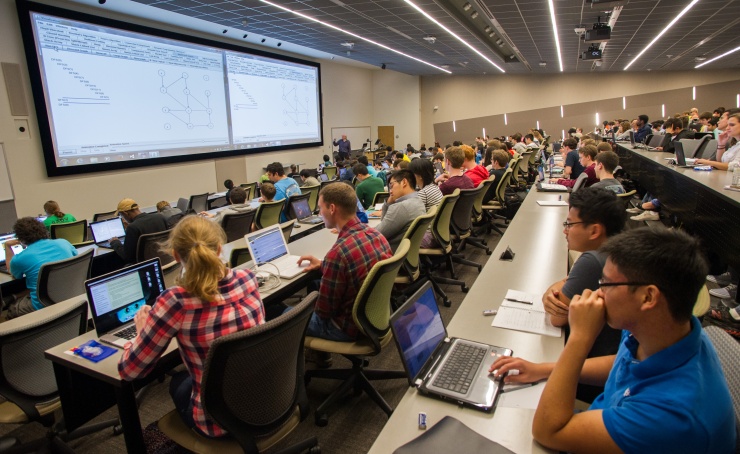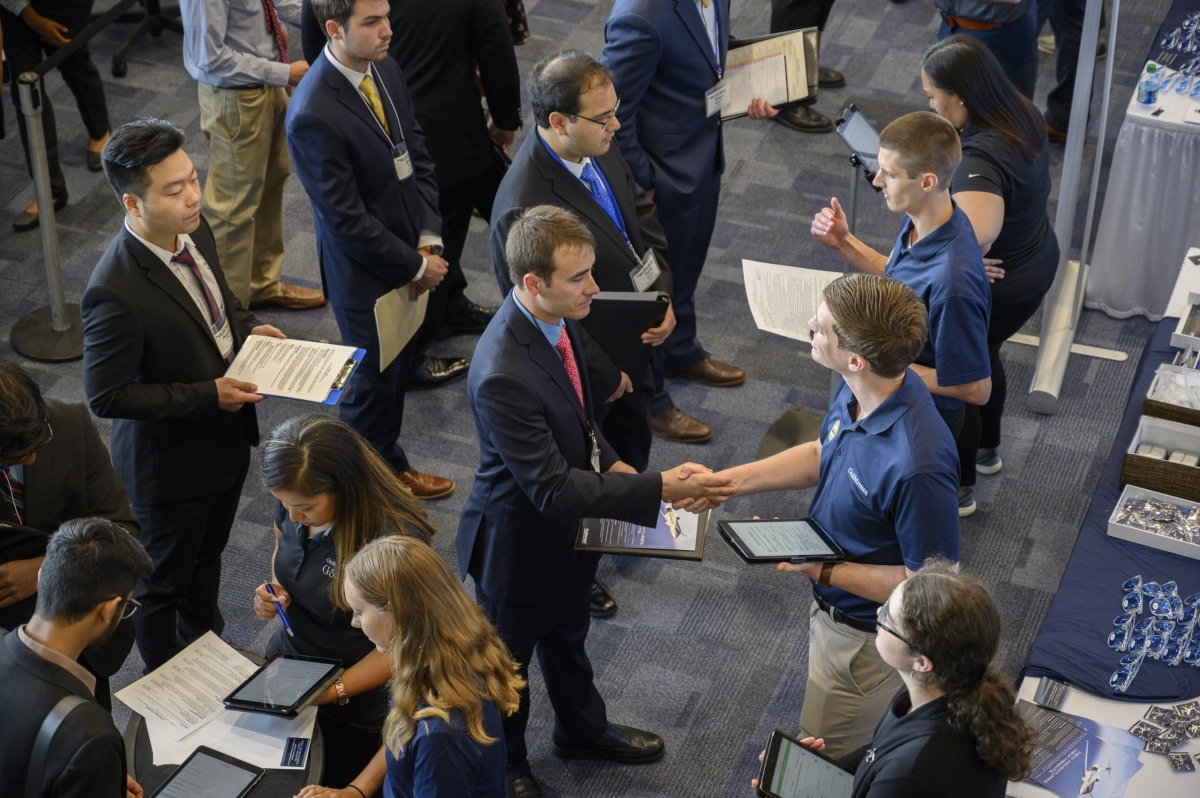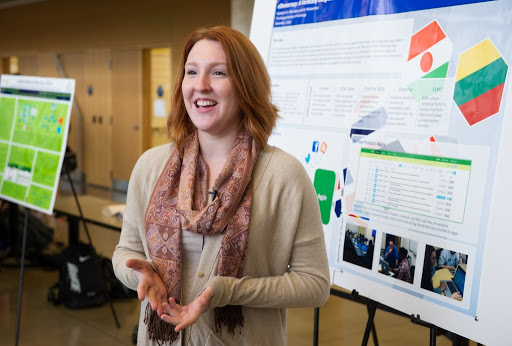What is an SEP degree?
The B.S. in Solid Earth and Planetary Sciences (SEP) degree is for students interested in developing mechanical and dynamic understanding of processes that control planetary behavior and are looking to apply Georgia Tech’s strengths in mathematics and computation to understand the structure, evolution, hazards, and future of planetary bodies, including Earth.
SEP students will:
- develop deep understanding of the evolution and dynamics of the Solid Earth and other planetary systems, including the geologic evolution of the planet along with life, including dynamic climatic interactions between oceans, atmosphere, and biology.
- become adept at understanding ground-based and remote sensing geophysical data and apply this information to computational tools for understanding planetary systems.
- find many opportunities to advance scientific communication, research, application, and synthesis of knowledge to advance career opportunities.
Students completing the degree in Solid Earth and Planetary Sciences will be well qualified for graduate programs and careers in industry, government, and research due to the structure and rigor of the program supported by the computational focus of Georgia Tech. Some of these careers or graduate programs include geophysical and geological analysts, environmental and exploration geophysics, geologic hazards monitoring and assessment, land surface studies, geophysics and planetary science. Students that complete this degree will additionally be suited for outside opportunities in statistical and ‘big data’ analysis, general science education and outreach. Students interested in research opportunities can work with our world-class SEP faculty and gain experience needed to be successful within graduate programs around the world.
This degree, along with the new B.S. in Atmospheric and Ocean Sciences, and Environmental Science (Joint with Biology), grew out of tracks within the EAS degrees, which is planned to be retired for new entry in 2025.
For more information contact EAS Advisors: Dr. Samantha Wilson or Dr. Zachary Handlos
Helpful links for current students:
ACADEMIC ADVISING: contact information for EAS academic advisors.

EAS MAJORS: major requirements and suggested four-year plan.
COURSES: list of EAS courses and credit hour information.
CAMPUS SUPPORT: Women's Center, Bookstore, IT, Campus Life, and more.
CAREERS & INTERNSHIPS: FAQs related to EAS careers and how to get started.
UNDERGRADUATE RESEARCH: research options, how to earn credit or pay, etc.




